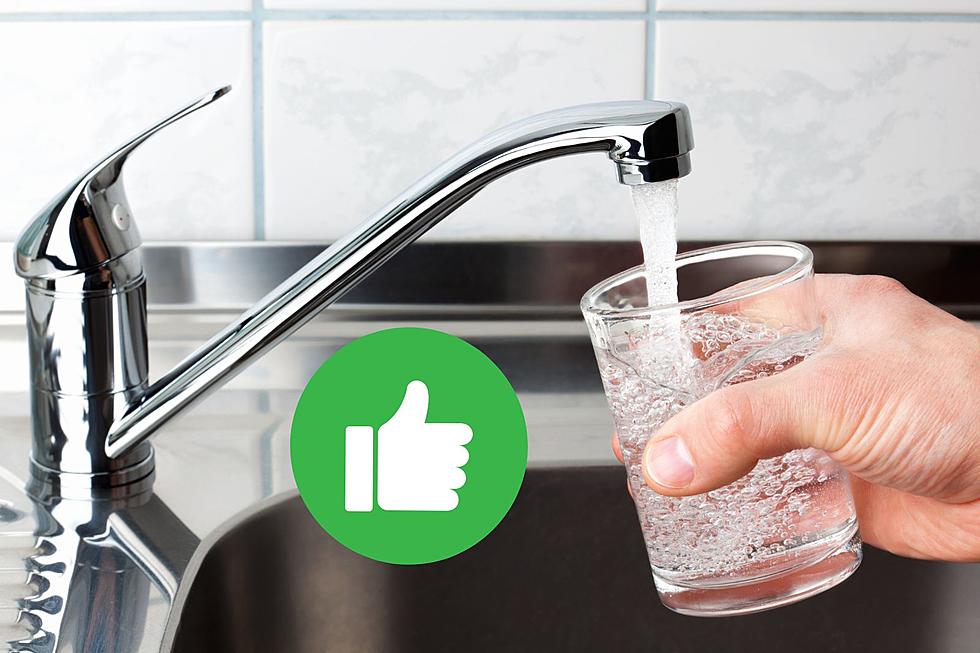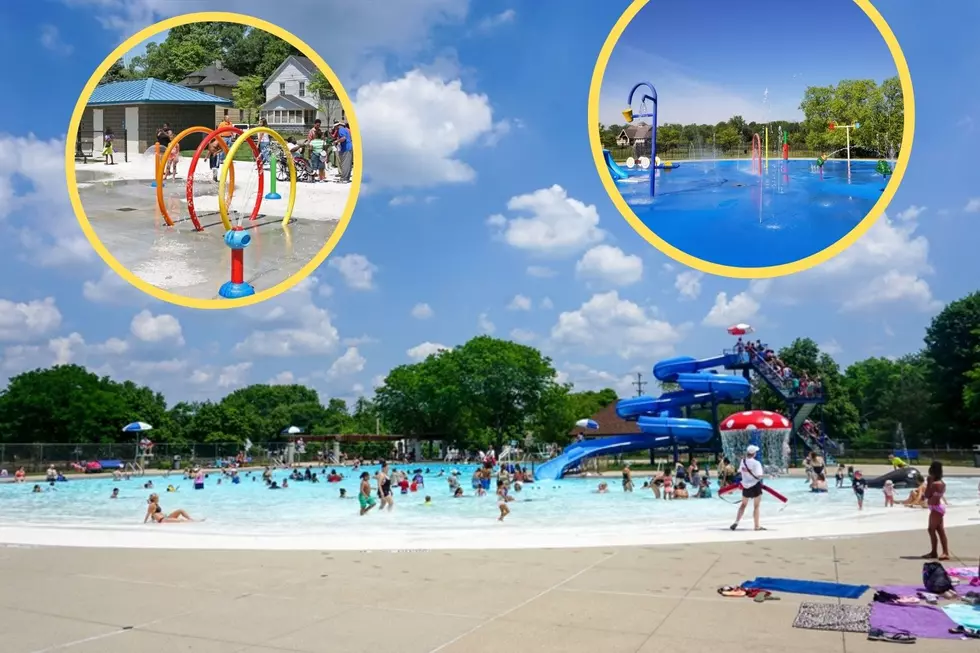![Safe Boating Tip of the Week: Paddle Smart [Sponsored]](http://townsquare.media/site/43/files/2014/07/Kayakers-U.S.-Coast-Guard-630x410.jpg?w=980&q=75)
Safe Boating Tip of the Week: Paddle Smart [Sponsored]
Paddle sports are the fastest-growing segment of recreational boating, with more than 300,000 paddle craft, primarily kayaks, being sold annually in the U.S., according to the Water Sports Industry Association and the U.S. Coast Guard.
Kayaking, canoeing, paddle boarding, rowing, rafting and various other paddle sports are thrilling, exciting and fun.
Grand Valley Marine, with locations in Grandville and Grand Haven, urge you to paddle smart, regardless of whether you are on an inland lake, river, stream, pond, whitewater course, rapids or one of the Great Lakes like Lake Michigan.
Paddle craft are affordable and bring their operators close to the natural environment.
However, paddle sports present unique dangers. Paddlers are more exposed than boaters to the elements. Eight out of every 10 boaters who drowned in 2013 were using boats less than 21 feet in length, a sobering statistic that shows the vulnerability of small craft, including paddle craft, according to the U.S. Coast Guard.
The American Canoe Association and the U.S. Coast Guard share this tips for paddling smart:
- Take an on-water or paddle-safety course before heading out on the water. These can provide the information you need for canoeing, kayaking, stand-up paddle boarding, rafting or safety and rescue.
- Wear a life jacket. Expect to capsize and swim occasionally when paddling a canoe, kayak, stand-up paddle board or raft.
- Cold waters are dangerous. Know how to protect yourself in this environment. Always dress for the water temperature and not the air temperature. Wear the proper personal protective clothing, including dry or wet suits, when advisable.
- Know the rules of the road when sharing waterways and paddle with a partner or in groups. This reduces risk to an individual in the event of an emergency. Paddling in groups also increases the chances of being seen by boaters operating power and sail craft in the vicinity
- All paddlers need to be prepared for low-light conditions, ways to contact help, minor medical emergencies, outings which can extend past expected return times, weather pattern changes and other boat traffic.
- Make sure you can contact help. A hand-held, waterproof VHF-FM radio or a 406 MHz personal locator beacon are more reliable than cell phones. Paddlers who prefer to paddle in remote areas should especially consider these investments.
Stay safe, be responsible, use common sense and paddle smart.
Plus, it's not even August -- yet. There's still plenty of boating to be done.
More From Mix 95.7










